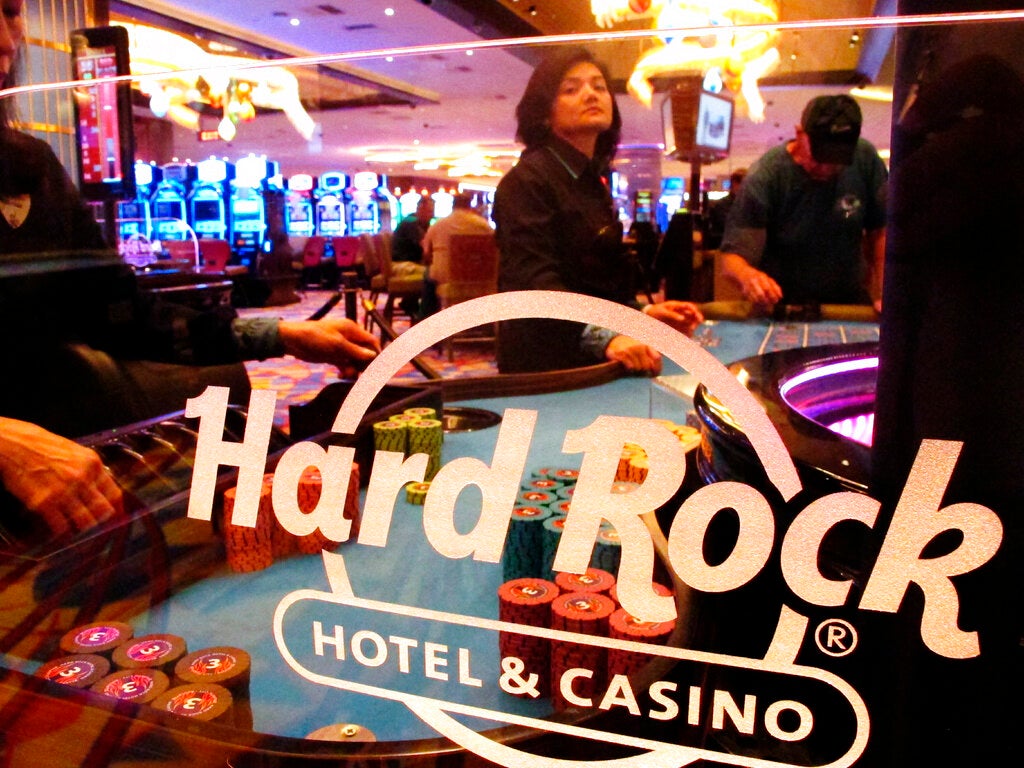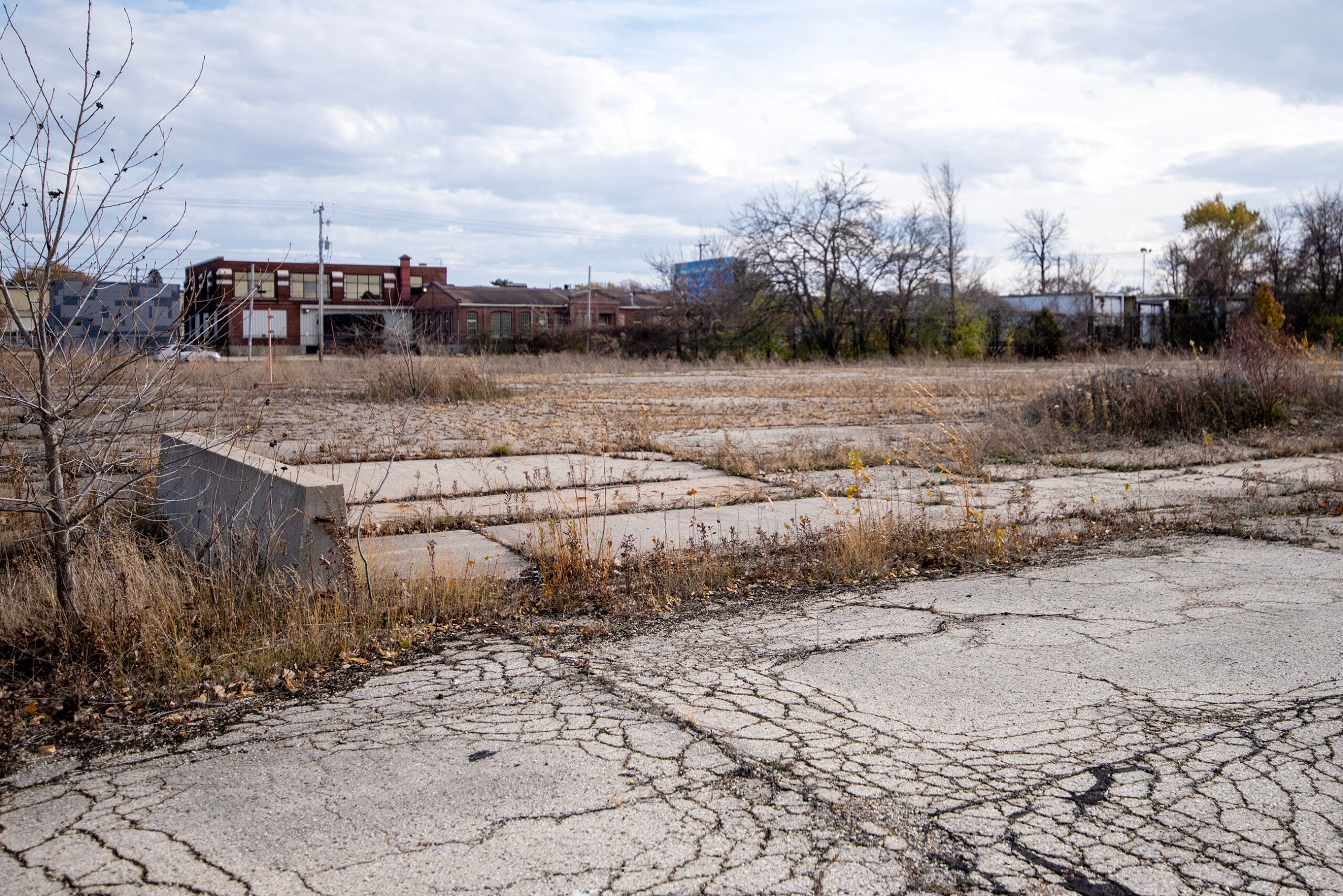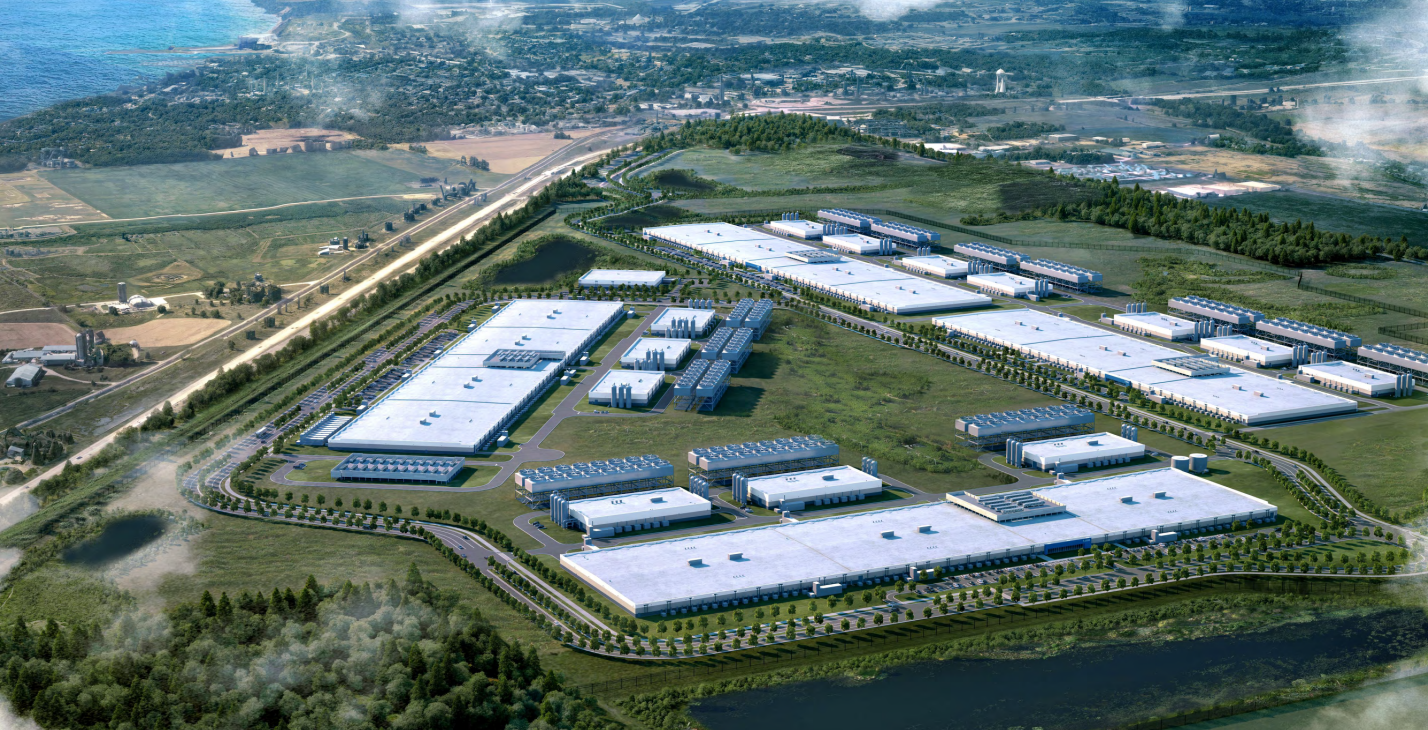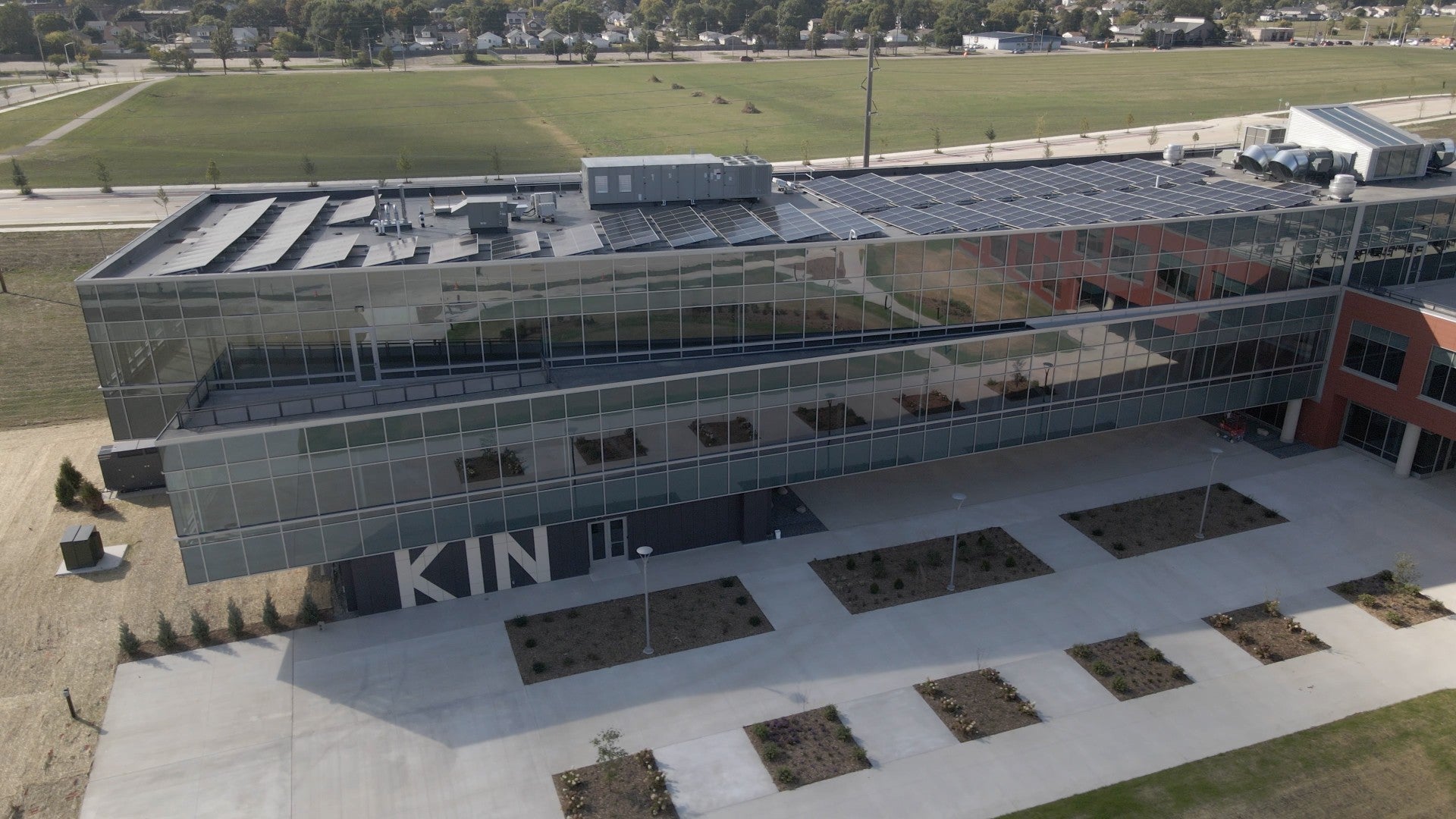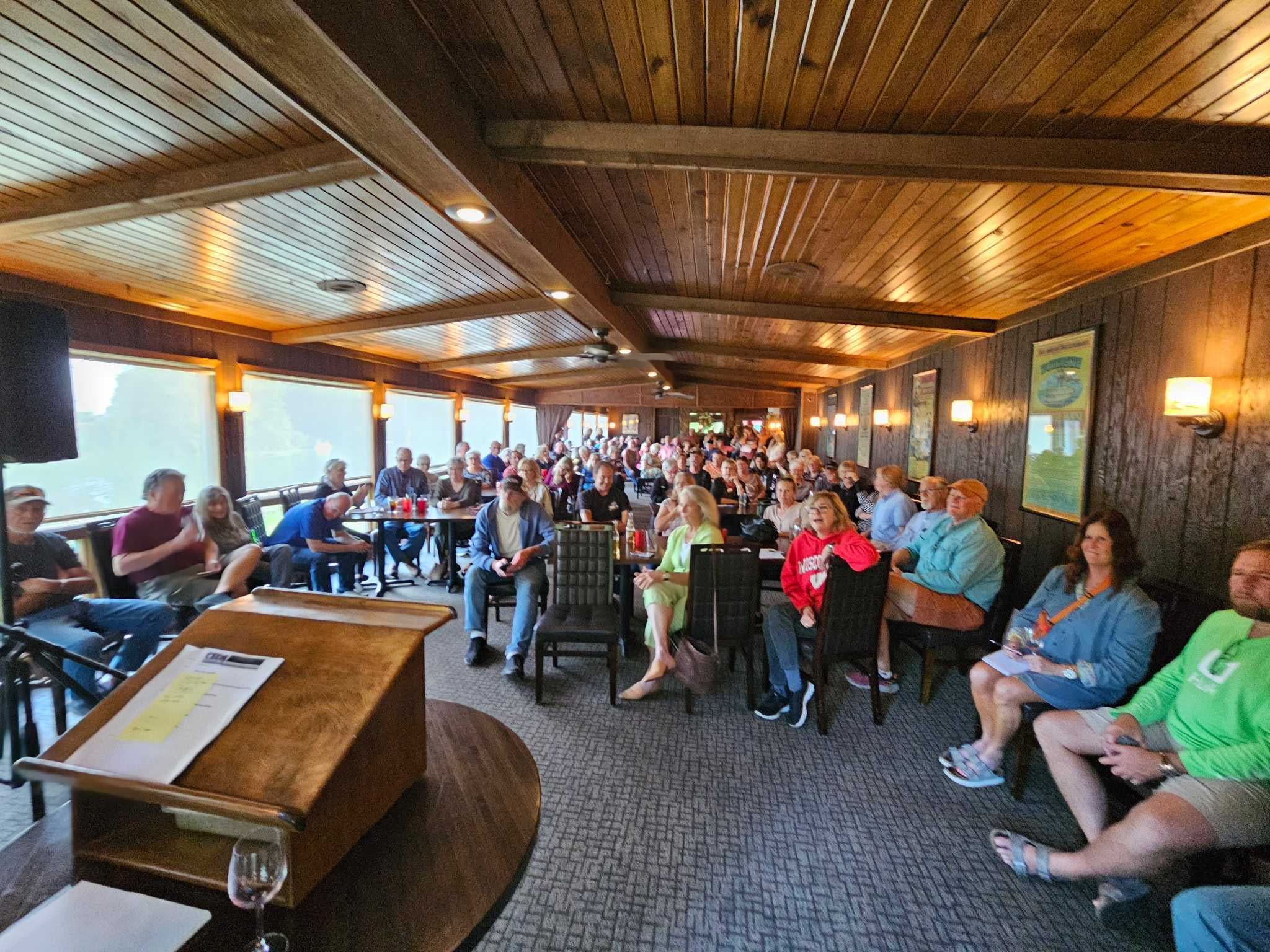The Kenosha City Council on Wednesday approved an agreement with the Menominee Indian Tribe of Wisconsin that allows a proposed casino project to move forward.
The tribe has partnered with Hard Rock International to develop a casino, hotel and entertainment venue on a 60-acre site west of Interstate 94 in Kenosha. A previous attempt by the Menominee to bring a casino to Kenosha was rejected by former Gov. Scott Walker in 2015.
Kenosha County still has to approve an agreement. The project also still needs approval from the federal Bureau of Indian Affairs and the governor, a process that could take years. The agreement with the city — approved in an 11-6 vote — states the tribe hopes to secure approvals necessary for the project by the end of 2025.
News with a little more humanity
WPR’s “Wisconsin Today” newsletter keeps you connected to the state you love without feeling overwhelmed. No paywall. No agenda. No corporate filter.
Gary Besaw, vice chairperson of the Menominee Kenosha Gaming Authority, said revenues from the casino project would be used to improve the quality of life for the tribe’s people. Menominee County, home to the tribe’s reservation, had the highest poverty rate in the state as of 2021.
“The Hard Rock Kenosha project will deliver 10 times the revenue to our tribal government versus (the) existing small casino on the reservation,” Besaw told the city council. “The tribe would use this money to build schools, improve roads, build additional facilities for our precious elders and youth.”
Terms of the deal
Under the agreement, the Menominee would not pay property taxes on the site, but the gaming authority would provide 3 percent “net win” payments to the city.
Those payments would be made each quarter, with a minimum annual payment of $100,000. That minimum would increase to $1 million from the third year of the deal to the eighth year. In the ninth year, the minimum payment would jump to $2.5 million. Those payments can be renegotiated after 20 years, and then in each subsequent decade.
The agreement also states the gaming authority would make annual $500,000 payments to the city beginning in the third year of the deal through the 12th year, as well as make $750,000 payments in years when net win payments exceed $2 million.
Joey Awonohopay, chairperson of the Menominee Kenosha Gaming Authority, told the council that the tribe is not asking the city for development incentives. He said the project would create more than $350 million in positive annual economic impact for the region.
“We will pay for core infrastructure, mediate traffic concerns by paying for road improvements and expansions where necessary and have committed to build the entire entertainment facility, including Hard Rock Live, meeting space, a 150-room hotel — all in addition to our casino floor surrounded by Hard Rock Cafe and other great restaurants,” he said. “We are putting our best and good faith forward for these efforts.”
Alders, public split on casino
While the council ultimately approved the agreement with the Menominee, it came after about an hour of public comment and much debate between council members.
Those who addressed the council were largely split on the casino project. Supporters argued the project would bring good-paying jobs to Kenosha, as well as provide a place for locals to watch entertainment acts they’d usually have to see in Milwaukee or Chicago. Opponents argued it would negatively affect surrounding property values, increase crime and lead to more problems associated with gambling addiction.
Council members were similarly divided. Alder David Mau said he believed the project would increase crime, and equated approving the agreement to favoring one business over another.
“We’re favoring one business over the other, and it’s terribly immoral. On top of it, we’re sanctioning a vice,” he said. “We don’t know better than the market. We don’t know better than our citizens. We can’t sit here in a room and central plan for everybody.”
Alder Daniel Prozanski disagreed, saying the city wasn’t giving away 60 acres. Rather, he said the tribe is purchasing the land to put it into a federal trust. He also said the project is a major opportunity for Kenosha.
“It’s beyond the 1,000 or so people that are going to work there and get good benefits and a good wage — things you can bring home and have a family be supported by,” he said. “It’s also this idea that the city itself is going to be able to provide these services that people need.”
Loren Gill, who represented Hard Rock at the meeting, said the casino will use technology to help address concerns around crime, as well as partner with law enforcement to keep the community safe.
“We have some of the most high-tech facial recognition, license plate readers and crime deterrent features possible in any industry,” he said. “We have thousands of cameras, but — most importantly — we partner with city, county, state and federal agencies to make sure we do our absolute best with regards to taking care of the community.”
Wisconsin Public Radio, © Copyright 2026, Board of Regents of the University of Wisconsin System and Wisconsin Educational Communications Board.

